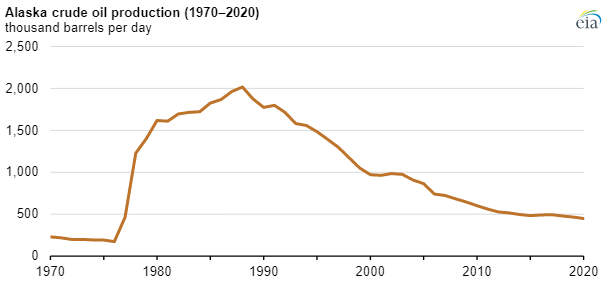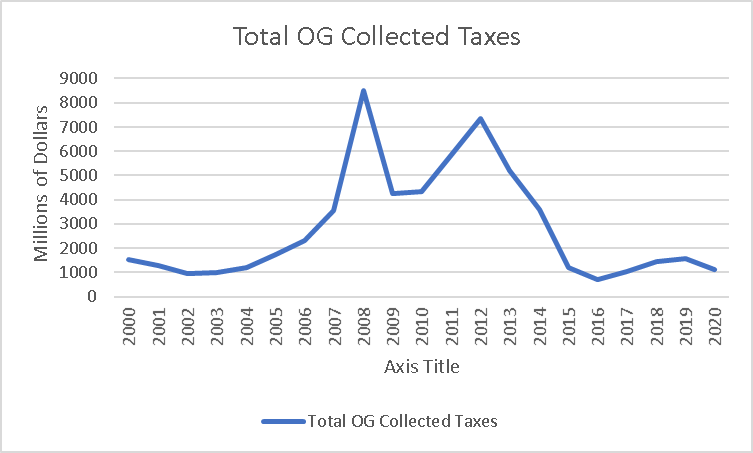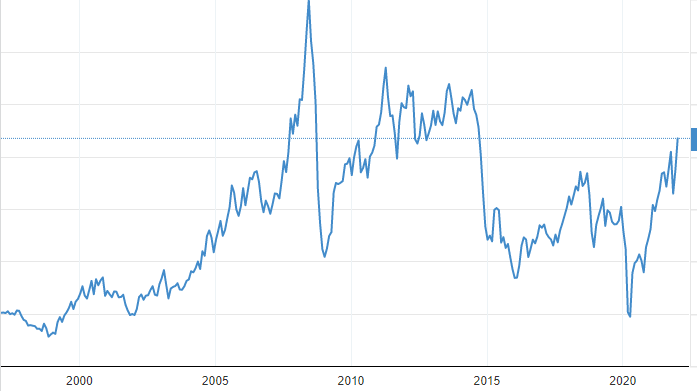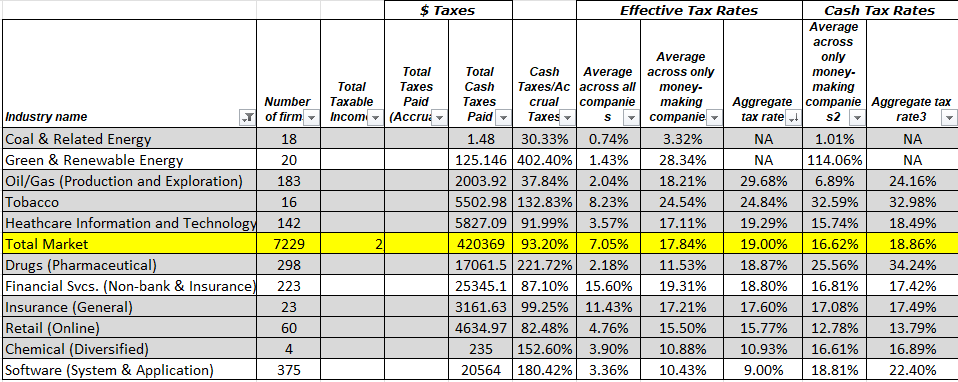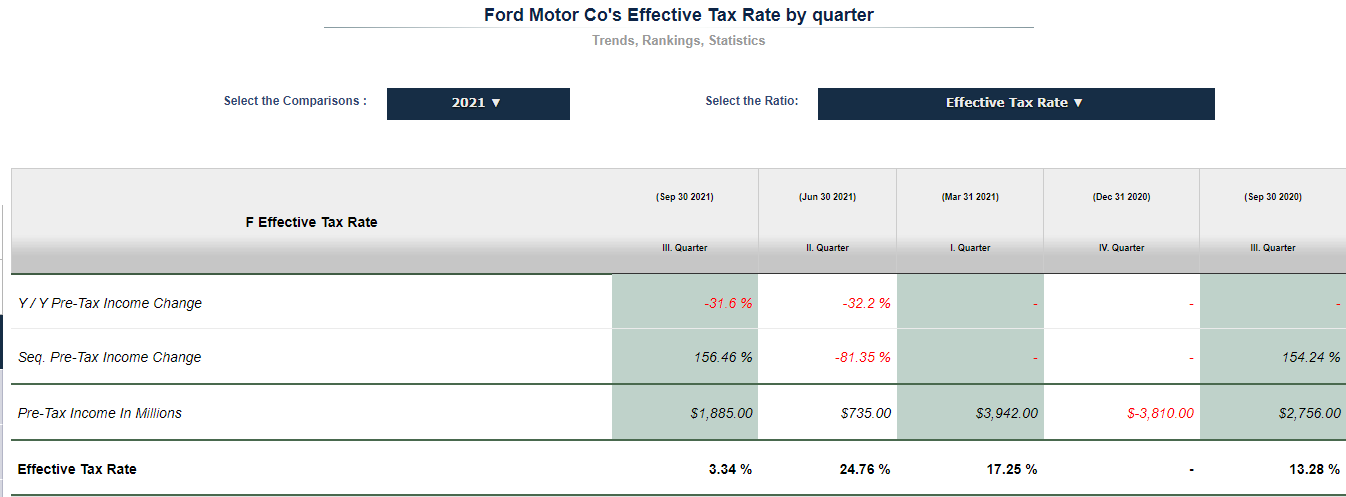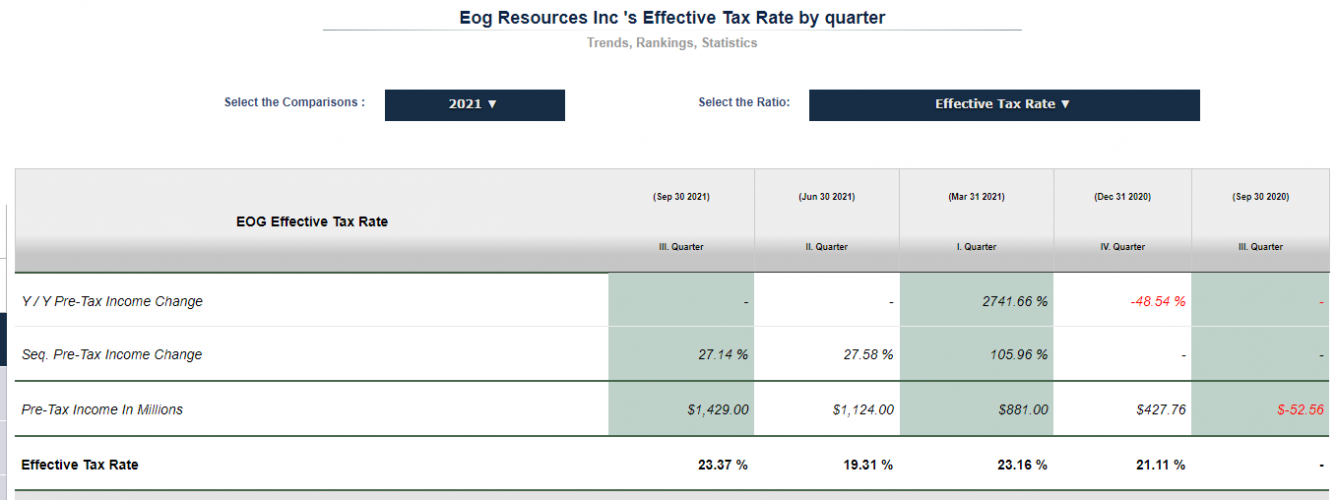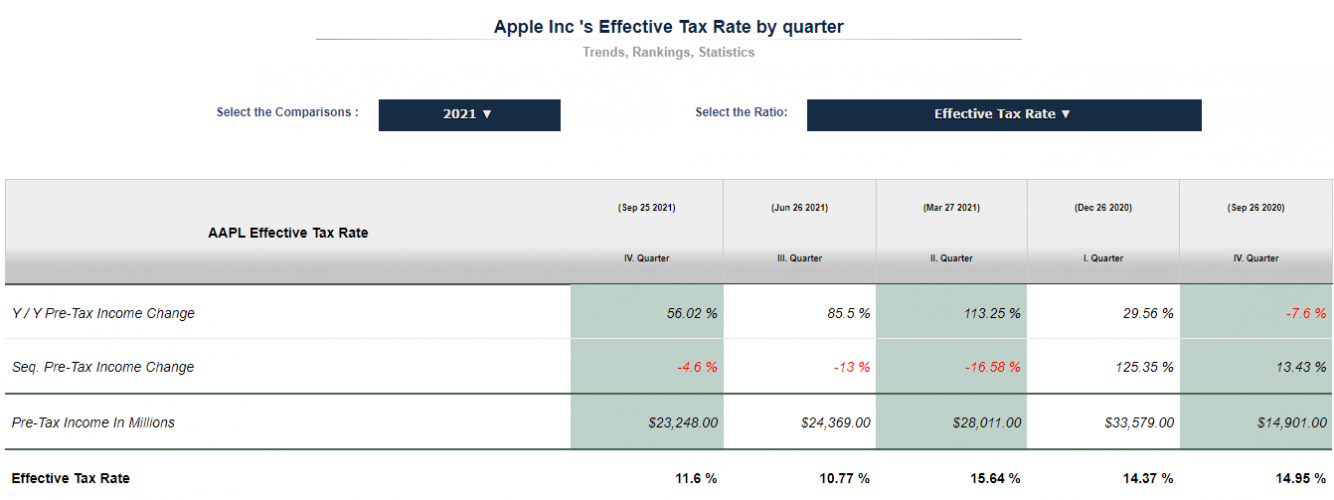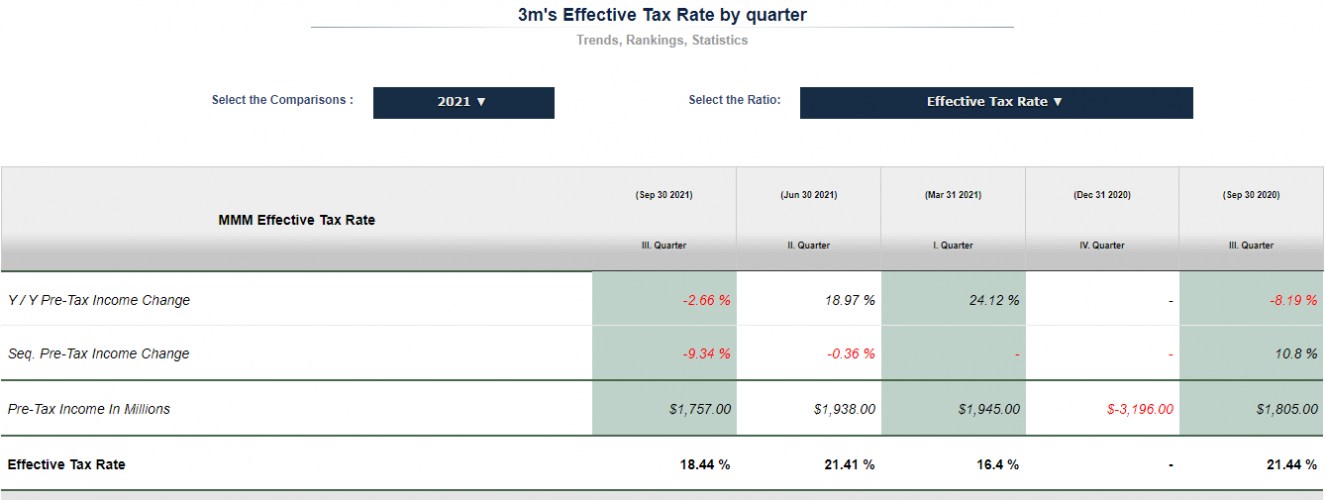D
Deleted member 28227
Guest
Interesting theory. Please continue.
The problem with the deal was Hilcorp wouldn't tell anyone how they were going to pay for it and the rating services were going to downgrade them. They ended up setting up an independent sub so when all those assets have problems, the sub can declare bankruptcy. Their partners in those assets are deep-pocketed majors who weren't (and still aren't) thrilled about the structure.




